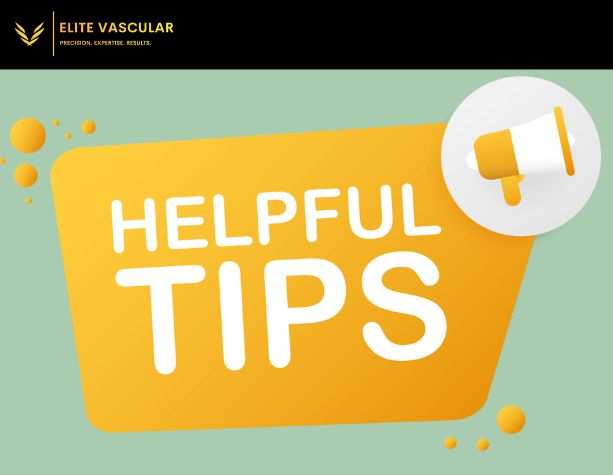- admin
- 0 Comments
The disorders called venous reflux, sometimes also called venous inadequacy, do not allow the leg veins to return the blood in the heart effectively. If treatment isn’t found, it can result in discomfort, swelling and even more serious problems. To maintain good vascular health it is necessary to know how to stop vibratory reflux through a healthy lifestyle. We will explore practical methods and lifestyle changes in this broad guide to help avoid venous reflux.
Understanding Venous Reflux
Venous Reflux occurs when valves inside veins of legs don’t work properly allowing blood pool and enlarging them. Symptoms include leg pain, swelling and varicose veins which could be worsened by prolonged standing or sitting due to factors like genetics age obesity lack of physical activities etcetera.
Maintain Healthy Weight
An important risk factor for venous reflux is obesity. Having overweight exceeds pressure on the leg veins, making it more difficult for them to return blood to the heart. A balanced diet and regular exercise can help maintain a healthy weight, which will reduce blood pressure and will be less likely to develop venous inadequacy.
Balanced Diet
A well balanced meal consisting mainly fruits vegetables whole grain cereals lean proteins should be taken as they are good for our vascular system too. Fiber-rich foods help keep bp normal while also taking off strain from veins walls; furthermore flavonoids found in citrus fruits berries green leafy vegetable among others strengthens these vessels hence fostering proper circulation.
Be Active-Don’t Sit Long Hours At One Place
Sitting or standing continuously for long hours can make venous reflux worse; therefore it’s advisable not only move around but also exercise frequently so as to promote blood flow throughout your body.In case you are an office worker who sits all day try out having some breaks whereby you walk around either within office compound or outside if possible.There are simple workouts like going up down stairs several times daily which would still do great justice towards keeping your veins healthy.
Tips For Office Workers
Sometimes people may be having jobs where they are required to sit down most part of their working hours such as desk jobs; if this is the case then one should consider using a stand up desk or else take short walks after every hour.Additionally while still seated calf muscles can be firmed up by doing calf raises frequently so as to prevent blood from pooling within legs.
Compression Stockings
These stockings are designed in such a way that they apply pressure on lower parts of legs thereby facilitating better movement of blood through veins back into heart thus relieving pains caused by venous reflux disease.They also help leg muscles work efficiently together with vein walls thus preventing them from becoming weak or losing their elasticity easily.
Leg Elevation
Whenever possible try to elevate legs above heart level because it enhances circulation especially when sitting for long hours in office or during flights which could lead into swelling due poor return flow.Elevation should be done at least fifteen minutes thirty times daily even if it means resting them on top another chair while watching TV.
Water Intake
Drinking enough water per day helps maintain adequate volume blood thus making easier transport it back towards lungs ; hence promoting good health care system.
Stop Smoking
Smoking is one of the most important reasons behind venous reflux and other vascular diseases. It damages blood arteries, reduces blood flow and destroys the power of the vine valve. Quitting smoking is the best strategy to increase your vascular health and reduce your risk of developing vascular inadequacy.
Regular Check-Ups and Screenings
Regular checking and investigation at the doctor’s office can help in quickly detection of venous reflux. If you have any symptoms or have a family history of venous disorders, you should determine the assessment time with a healthcare professional. Prompt detection and intervention can prevent the development of chronic venous inadequacy (CVI).
Conclusion
Preventing venous reflux requires healthy lifestyle choices combined with proactive steps towards prevention. Some essential measures for promoting vascular health include maintaining a healthy weight, keeping active, elevating your legs when resting as well as avoiding dehydration; all these are necessary to avoid venous disease that may eventually lead to leg ulcers or deep vein thrombosis (DVT). Therefore, make them part of your daily routine in order to achieve healthier legs and better quality life free from varicose veins which come with pain or discomfort while standing for long hours.
